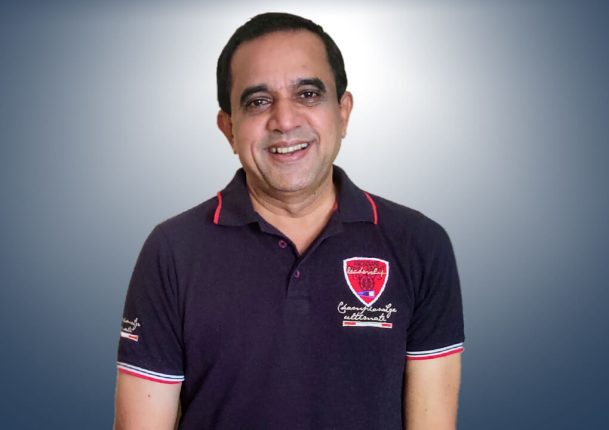Transitioning from functional, unit, or a geographical management to general management requires a new knowledge in almost all areas of management starting from Finance, HR, operations, strategy and leadership. As this transition requires understanding of complexities of organizational dynamics it requires greater experience.In other words, such transition requires an in-depth inquiry, awareness and ability to manage behavioural economics better to produce results in an organization. Mental Health on the other hand is a wellbeing of an organization where several team members state of mind to handle situation bold and better to bring in the results required for an organization. Mental Health requires a pattern to maintain steadiness which is career pivot to behavioural science.
Mental Health Components and a Societal Stigma
Mental health is not what you possess, but what you practice in the real sense. It is the ability to manage situations effectively by managing our thoughts and emotions. Therefore, it is combination of Cognitive health. Behavioural health and emotional health (CBE). MH= CH+ BH+EH
Cognitive Health which has a cluster of thoughts running in thousands everyday and prone to errors and all are not reflection of objective truth. In Cognitive health when you treat every thought as a fact we end up in behavioural and emotional issues. Therefore, treating them as hypotheses will help to filter and result in better actions. Interrupting anxiety spirals will help an individual to reframe strategies to deal with a situation better. Behavioural health is an indictor of your engagement and involvement with the world and people around you, quality of your relationship the sense of belonging to the community. Emotional Health on the other hand is our trigger of emotions help motivate us to actin line with our objective or goals. When emotions are given more importance than their real worth we may get caught in the riptide. As a process when we are able to block emotions by either denying or obeying will result in a better wheel of emotion to identify your feeling and contextualizing it will result in meaningful behaviour in line with your objectives.
Mental health is a brain scan on a test subject and how the situations are handled. It is related to mood swings, alertness, curiosity and the ability to face a situation. The recent pandemic in fact is a best example in which the mental health has taken a toll. It could be due to various reasons. Some of them are visible and many are not. Overall, health of a family, region, country and the globe will be an indicator of state of mental health. The families which suffered during the pandemic infections will have several stories to tell. Many may not be willing to even share that they got infected and recovered and on the other hand, you will notice in social media, many are sharing the ordeal. Worldwide survey if it is done today, it will reflect extremely poor mental health across countries due to pandemic effect not only economically but also on mob psychological level and even at an individual level.
The societal disapproval on seeking help for emotional distress which may include anxiety, depression will result in mental health stigma. Once you remove the negative way of looking at this problem it becomes mental wealth. Removing false beliefs about the topic itself will give a great relief. Mental health stigma may lead to discrimination and wrong judgement about people. To remove the stigma, you need to seek help, understand people around you better which includes family members and team members. Timely acceptance of the problem, getting timely treatment, mitigating self-doubt, reaching out to people instead of isolating, and by not defining your personality with illness and joining support groups will help to cope up with challenges of mental health and overcome the same.
Need of the hour Introspect and do intriguing work
Many of us many not be aware of even our social role in these times. We are not aware what could come next, this is applicable even for a cognitive neuroscientist. Even the medical doctor’s fraternity is undergoing stress at an unimaginable magnitude to constant influx of covid patients and there is always a remorse or guilt feeling if Doctors are unable to save lives and the long haul of work stretch adds further pain in handling situations both at workplace and life. We had witnessed several people involving in societal work to help others by forming groups in social media to help the needy while their own family members undergoing the suffering due to the same pandemic infections.
Means people who are resilient, decided to go beyond their normal call of duty to help the society and help to save lives. At a federal level we need to understand how to nudge people into positive behaviours through neuroscience and psychological counselling process. In this process the behavioural economics may undergo a change to bring the economic need a slightly lower level which may involve forgoing individual luxury lifestyles for a cause of societal wellbeing. Pitching an idea of creating the national level team of counsellors to do door to door counselling will bring the infection rate down and will remove fear factor in the society which will focus on maintaining the social distancing and hygiene protocols. These factors will be enablers of a better mental health amongst people to face the situation. The civilian life can be transformed drastically if the mental health is focused which will eventually end in better and fruitful economic behaviour.
A combo pack of Evaluation Sciences& Economics
How an individual navigates life’s challenges will decide the success. Similarly, even at a national level there must be a link on evaluation science and economics. Management if it focuses only on the factors of production without looking at the mental health it may result in a disaster. Adversity is never the end of the story. Resilience is the key during adversities. Even the management practitioners will now understand the following components to manage mental health better in an organization.
- Putting the people first over mere profits: This focus in short-term will yield results in the long run. During adverse times organizations must care for the people to demonstrate the confidence in them by being flexible on workplace timing, working from home, reducing the targets and reducing even online engagements which may result in fatigue. Announce more rewards and recognition to motivate remote working productivity.
- Communicate frequently and stay positive: Organizational leaders must be willing to listen to episodes of individuals, clusters and be empathetic during tough times and constantly evolve strategies to keep the team members motivated all the time and express positive feeling and stay focused on goals even if the results are away from the targets.
- Trust & Determination: It does not matter which sector or industry you are in; the basics of leadership are universal. These management practitioners must put these attributes into action which includes not only a candid dive into uncertainty, but swimming across riding the tides of huge changes coming on their way taking the people along with you to reach the shore of stability from the ocean of uncertainty and vulnerability.
- Mental Health Awareness: When we understand appreciate life is hard and it is full of challenges, distractions, disruptions and obstacles which may derail us and learn to manage cognitive health, emotional health and behavioural health in a better way treating them as new experiences we start managing our thoughts and emotions. This will result in better team in an organization and organizational mental health as well.
- Framework of organizational Mental Health: In an organization it includes behavioural economics to achieve organizational goals while appreciating and realigning mental health of individuals and teams to achieve organizational mental health. This may include fostering and providing a health work environment, promoting life skills and resilience, maximising helps seeking behaviour, identifying people in need of care, providing mental and medical counselling, coordinated crisis management, restrict negative emotions of extreme in nature. In a community it more of people, place and equitable opportunity. In the outer circle organizations Monitor, evaluate and improve upon various parameters to improve overall mental health.
To conclude, ultimately seven major components will drive better mental health. Understanding the meaning and purpose of life, Positive thinking, Quality sleep, social connection, managing stress, brain healthy diet and staying active while being aware. If these things are taken care behavioural economics will show better results towards achieving the objectives or goals of both individuals and organizations.

